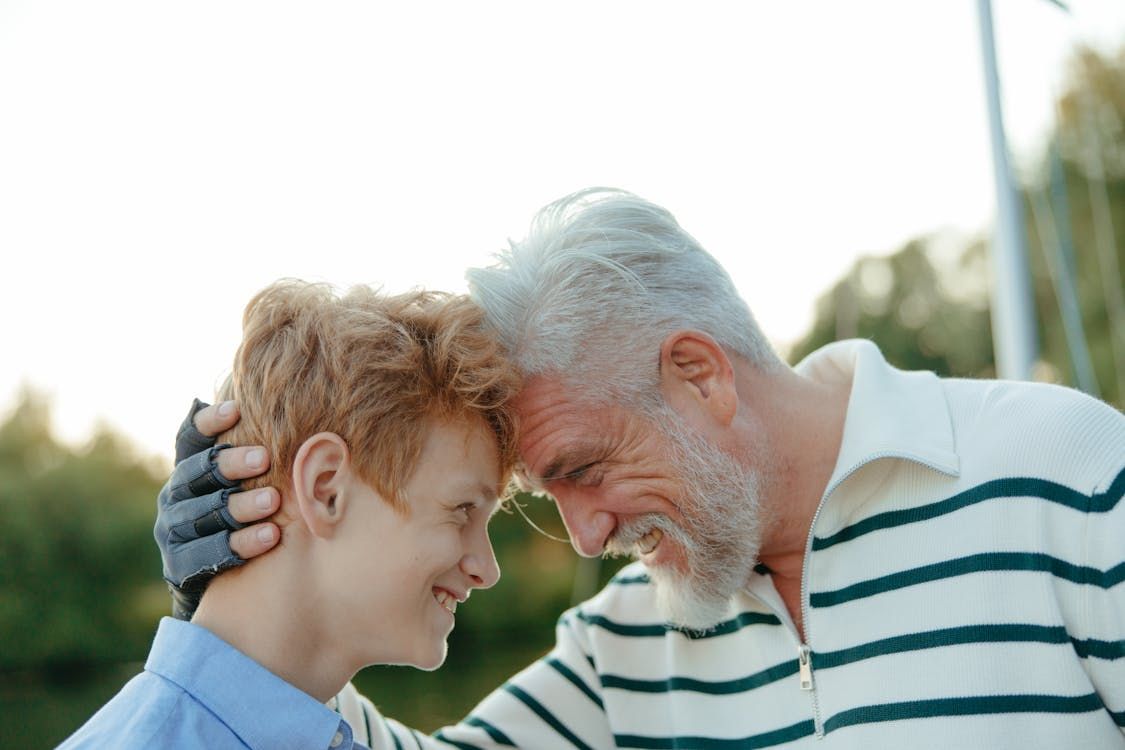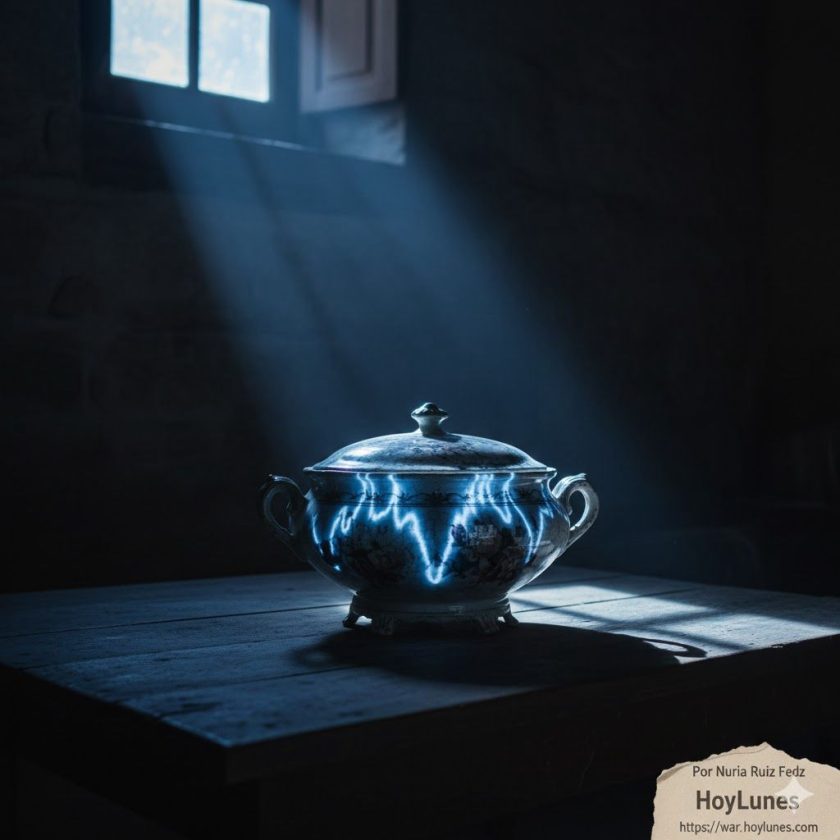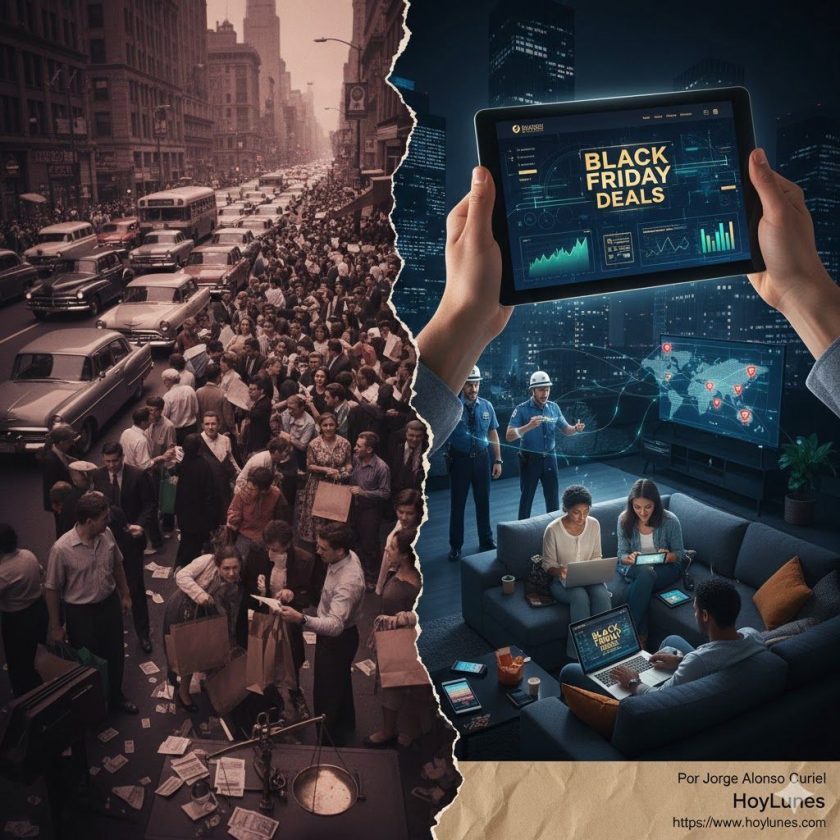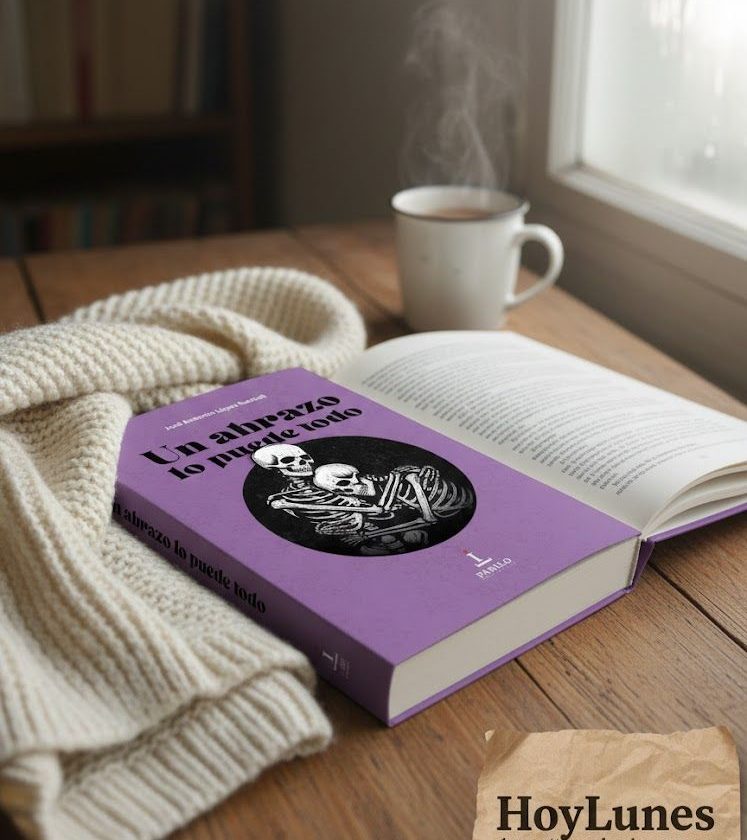In Cartagena, a grandfather and his grandson discover that peace is built in everyday life.
Between innocent questions and profound reflections arises the conviction that peace is not a utopia, but a possible path that begins in the everyday: in the gesture of sharing, in the acceptance of differences, and in the individual responsibility of building a fairer world.
By M.ª Pilar Rueda Requena
Hoylunes – Once again, Hugo embarked on a family trip, and this time they were heading to the city of Cartagena. He was 12 years old, a very intelligent and curious boy, but also extremely sensitive and reflective. He often questioned topics that made adults reconsider the information they shared with him.
During his visit to that city, steeped in centuries of history, his grandfather Ramón, a scholar and an excellent connoisseur of the past, explained to him how the Carthaginians had founded the city. He told him how Hannibal had begun his legendary expedition on elephants toward Rome. After the war, Cartagena—then known as Cartago Nova—grew in power and splendor. Everything they were visiting, from the theater to the House of Fortune, the walls, and the gates, was so different, and yet it transported them to other times and ways of life.

At times, Hugo became distracted with his little brother, showing little interest in history, but soon after he would return to his grandfather, eager to ask about the life of the Romans: what work they did, how they traveled, what their customs were. Ramón, ever patient, answered each of his questions enthusiastically.
The visit continued until his grandfather recounted that, years later, the Visigoths arrived, followed by the Muslims, who remained for about 600 years in the region. Later, the Christians reconquered the city, expelling the defeated. Hugo’s expression turned pale upon hearing this. “Where to??? Why????” he asked again and again, insisting it was not fair.
Ramón had to adapt his response to make it more understandable. “Yes, Hugo, it’s true that sometimes human beings act in incomprehensible ways, especially in times when education and knowledge were scarce and many people were illiterate. Do you know why it wasn’t fair? Because those peoples left historical traces in architecture, urban planning, and some fortresses. They also bequeathed us valuable knowledge: military and maritime techniques and the trade routes they opened through the Mediterranean, which allowed Cartagena’s port to become one of the most important in Spain and in the Mediterranean”.
“Of course, now I understand,” replied Hugo, “that’s why they fought and took Cartagena, because it was already a powerful city. But still, it’s not fair,” he repeated.

The grandfather continued trying to justify what, deep down, lacked justification. “And years later, the Spanish Civil War took place…” But Hugo interrupted: “Another war!? What did they want to achieve with Cartagena this time?”
Ramón replied: “Nothing in particular, it was about ideologies, since some were on the left and others on the right”. At that moment, he distanced himself from Hugo, remaining silent and reflecting on his grandson’s responses. He knew something he would not say: that despite all the knowledge and learning about conflicts today, history kept repeating itself.
Ramón reflected on the number of wars taking place in the world, about twenty at that time. He understood that many of them were the result of the ambition for economic power. He was aware that in a war there are no winners; everyone loses. Famous phrases resonated in his mind: “When the power of love overcomes the love of power, the world will know peace” (Jimi Hendrix) and “There is no path to peace, peace is the path” (Mahatma Gandhi). He also remembered another quote from Albert Einstein: “Peace cannot be kept by force. It can only be achieved through understanding”.
However, despite the wisdom of those quotes, he felt powerless in the face of destruction and the slaughter of innocent victims, especially children. His expression changed with these reflections, until Hugo once again approached him, breaking his deep thought.
—“Do you know something, Grandpa?” Hugo asked.
—“Tell me,” replied Ramón, trying to hide his sorrow.
—“I know how to change the world so that there is peace,” he said with total conviction.
—“How?” asked Ramón, intrigued.
—“Look, when my brother takes something that belongs to me, I must think that everything I have is meant to be shared with others. That way, everyone benefits. For example, if I share my three markers with his three, I can make a prettier drawing with six colors”.

Ramón smiled. He was familiar with the model of the economy for the common good, where companies do not compete against each other but rather cooperate and help one another to generate the best products and greatest benefits for the common good.
—“But you must also accept that your brother is not like you; you both have different tastes”.
It seemed that Hugo was beginning to understand the path toward peace. However, he asked again:
—“And can’t other countries do anything? Who has to stop a war?”
Ramón, who had been reflecting, knew he did not have a convincing answer. He thought that those who remained silent or looked the other way, whether institutions or leaders, were accomplices of those who fired the weapons. It was even more painful to think of those countries that sold weapons to profit economically. He felt powerless in the face of so much pain and hypocrisy.
But then, he realized that he could contribute to peace through small gestures of understanding in his surroundings, helping to foster dialogue and peace in his community. These were important steps. Peace was not only the absence of war; it was a continuous process that began within each of us.
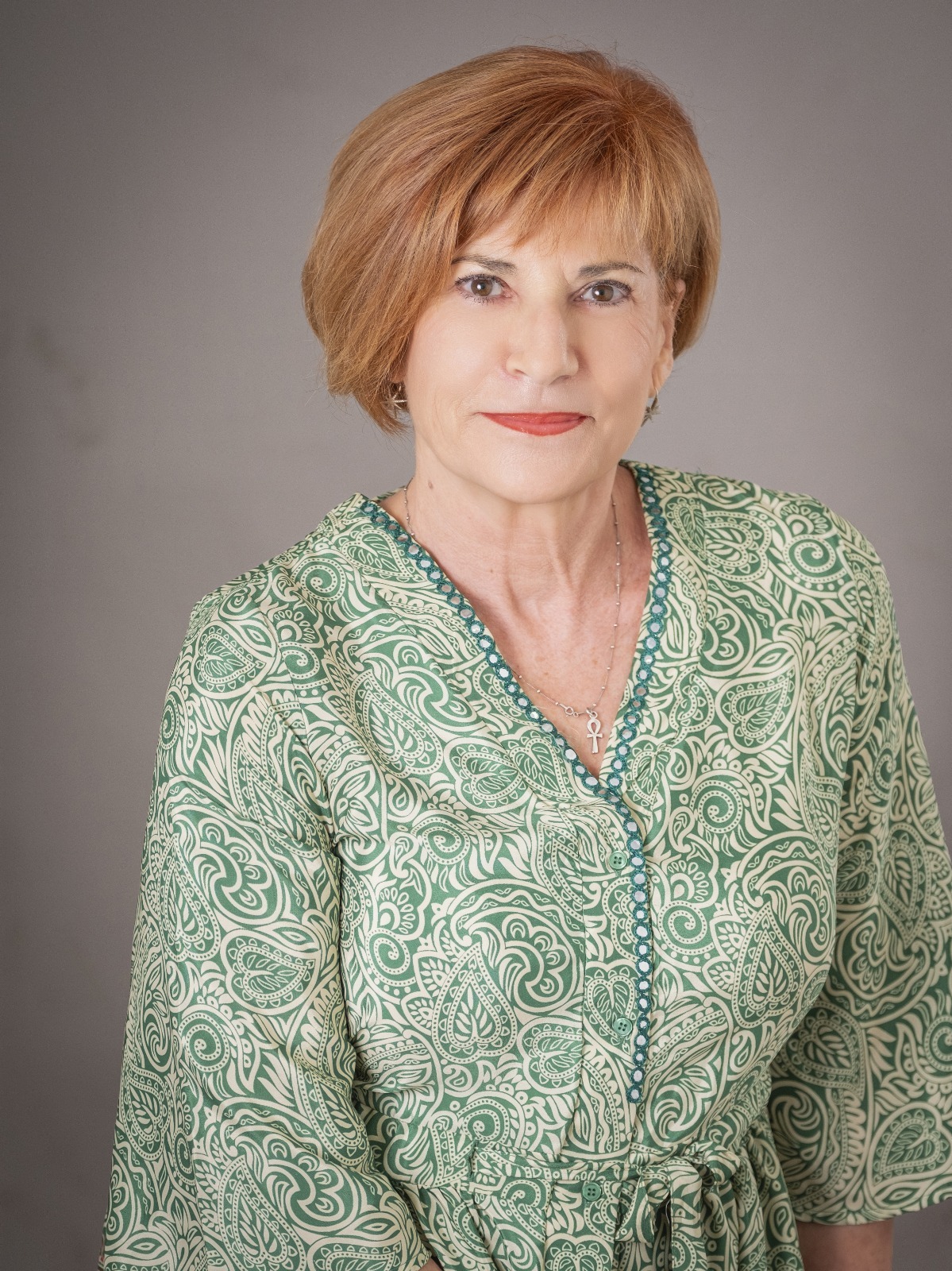
At that moment, Ramón looked at his grandson and said:
—“Perhaps the answer lies within each person. If we all shared a little more, if we accepted our differences instead of fearing them, perhaps we could contribute to a more peaceful world”.
Hugo smiled. He understood that peace was not an unattainable goal, but a path that began in his own heart, and to which he would devote his best intention to make the world a better place.
#hoylunes, #m.ª pilar_rueda_requena,
